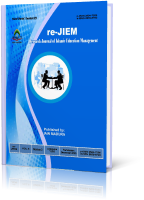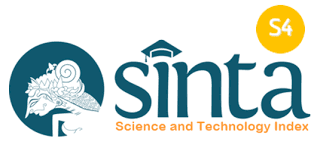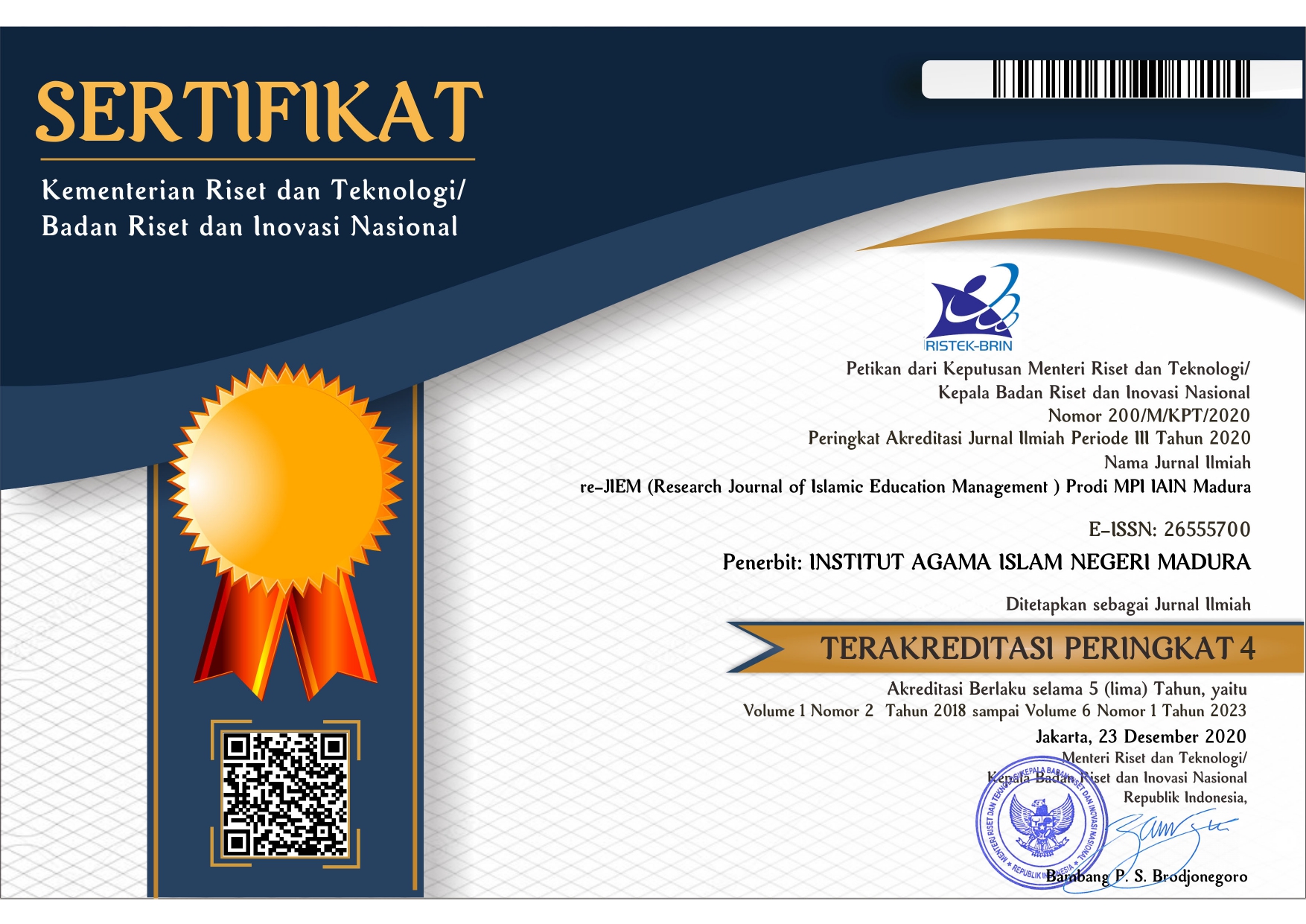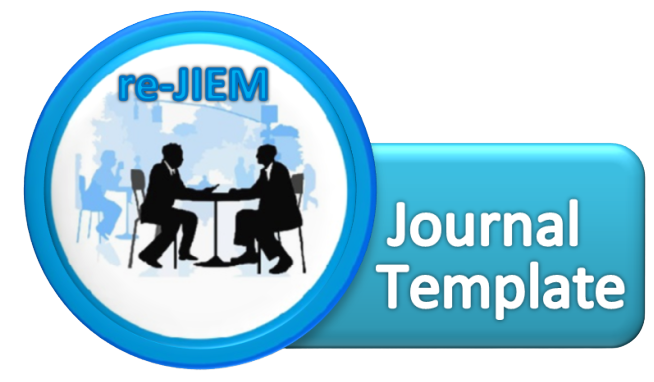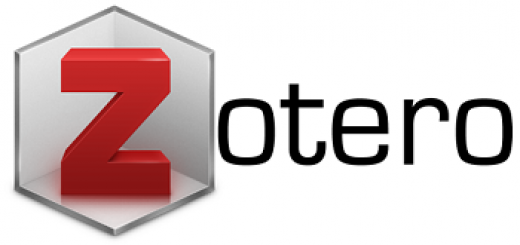SUPERVISI AKADEMIK IN HOUSE TRAINING UNTUK MENINGKATKAN KEMAMPUAN GURU DALAM MENGGUNAKAN MEDIA PEMBELAJARAN
 Abstract views: 61
,
Abstract views: 61
,
 PDF downloads: 26
PDF downloads: 26
Abstract
The main problem faced is the low level of utilization of ICT-based learning media by teachers, where only 20% or 2 out of 10 teachers use it in learning, and the use is not yet optimal. This study aims to describe the application of the In House Training (IHT) academic supervision technique in improving teachers' ability to use learning media based on information and communication technology (ICT) at Ma'had Rabbani IT High School, Central Bengkulu. This study used a Supervisory Action Research design carried out in three cycles. Data were obtained through observation, assessment instruments, and document analysis. The results showed a significant increase in the utilization of ICT-based media. In the pre-cycle, only 20% of teachers used ICT-based media, but after three cycles of academic supervision through IHT, utilization increased to 100%. Teachers' competence in using ICT-based learning media also experienced a gradual increase, with an average score of 79 in the first cycle, increasing to 90 in the second cycle, and reaching 94 in the third cycle. This study provides a positive impact on the quality of learning in schools.
Downloads
References
Aryani, F. 2021. Efektivitas Supervisi Akademik dalam Meningkatkan Kualitas Pembelajaran di Sekolah. Jurnal Manajemen Pendidikan, 5(1), 71-80.
Elizah, F., dkk 2022. Manajemen Pembelajaran Berbasis E-Learning di Masa Pandemic Covid 19. Jurnal Ilmiah Ar-Risalah: Media Ke-Islaman, Pendidikan Dan Hukum Islam, 20(1), 051-072.
Dini, P. I. A. U. 2022. Respon Penggunaan Media Power Point Berbasis Interaktif untuk Anak Usia Dini di Era Pandemi. Jurnal Obsesi: Jurnal Pendidikan Anak Usia Dini, 6(2), 876-885.
Hajar, A. 2020. Penerapan Model Pembelajaran Mitra Belajar dalam Meningkatkan Hasil Belajar Pendidikan Agama Islam. Didaktik: Jurnal Pendidikan, 9 (1), 60-76
Irvani, AI, Ainissyifa, H., & Anwar, AK. 2023. In House Training (IHT) Implementasi Kurikulum Mandiri pada Komite Pembelajaran Sebagai Komunitas Praktisi Sekolah Penggerak. JPM: Jurnal Pengabdian Kepada Masyarakat , 2 (1), 160-166.
Parwati, N. P. Y., & Pramartha, I. N. B. 2021. Strategi Guru Sejarah Dalam Menghadapi Tantangan Pendidikan Indonesia Di Era Society 5.0. Widyadari, 22(1), 143-158.
Prayitno, M. A. 2022. Implementasi Metode Tutor Sebaya Sebagai Upaya Peningkatan Keaktifan dan Hasil Belajar Siswa Pada Mata Pelajaran Fikih Kelas X (PTK Di MA YPIP Panjeng Ponorogo) (Doctoral dissertation, IAIN Ponorogo).
Novari, D. dkk 2023. Analisis Supervisi Pendidikan di SMK Al-Ma’arif Way Kanan. Al-I'tibar: Jurnal Pendidikan Islam, 10(2), 71-76.
Nuruningsih, S., & Palupi, R. E. A. 2021. Peningkatan Kompetensi Guru Dalam Penyusunan Rencana Pelaksanaan Pembelajaran (RPP) dengan Metode Focus Group Discussion pada Kegiatan In House Training (IHT) bagi Guru di SDN Pondok 03. Jurnal Dimensi Pendidikan dan Pembelajaran, 9(1), 51-57.
Nurbaiti, F. 2021. Peningkatan kompetensi guru dalam pembuatan video pembelajaran melalui In House Training (IHT) di SMP Negeri 26 Depok. Jurnal Pendidikan Indonesia, 2(03), 375-386.
Rasu, Y. M., dkk. 2021. Pengembangan Profesional Tenaga Pendidik di Sekolah Menengah Kejuruan (SMK) Negeri 1 Manado. Jurnal Bahana Manajemen Pendidikan, 10(1), 117-123.
Ramadhina, D., & Rohman, I. 2022. Problematika Guru dalam Penggunaan Video Youtube sebagai Media Pembelajaran di Sekolah Dasar. Mimbar Ilmu, 27(1), 117-123.
Sani, R. A. 2022. Inovasi pembelajaran. Bumi Aksara.
Sevtia, AF et al. 2022. Pengembangan Media Pembelajaran Fisika Berbasis Google Sites untuk Meningkatkan Kemampuan Penguasaan Konsep dan Berpikir Kritis Peserta Didik SMA. 7(3), 2022, 1167-1173
Wijaya, L. 2023. Peran Guru Profesional Untuk Meningkatkan Standar Kompetensi Pendidikan. Jurnal Multidisiplin Indonesia, 2(6), 1222-1230.
Copyright (c) 2024 Wahyudi Putra, Idi Warsah, Adisel, Jumira Warlizasusi

This work is licensed under a Creative Commons Attribution-ShareAlike 4.0 International License.
Authors who publish with this journal agree to the following terms:
Authors retain copyright and grant the journal right of first publication with the work simultaneously licensed under a Creative Commons Attribution-ShareAlike 4.0 International License that allows others to copy and redistribute the material in any medium or format with an acknowledgment of the work's authorship and initial publication in this journal and also allows to remix, transform, and build upon the material for any purpose, even commercially with contributions under the same license as the original.
Authors are able to enter into separate, additional contractual arrangements for the non-exclusive distribution of the journal's published version of the work (e.g., post it to an institutional repository or publish it in a book), with an acknowledgment of its initial publication in this journal.
Authors are permitted and encouraged to post their work online (e.g., in institutional repositories or on their website) prior to and during the submission process, as it can lead to productive exchanges, as well as earlier and greater citation of published work.


